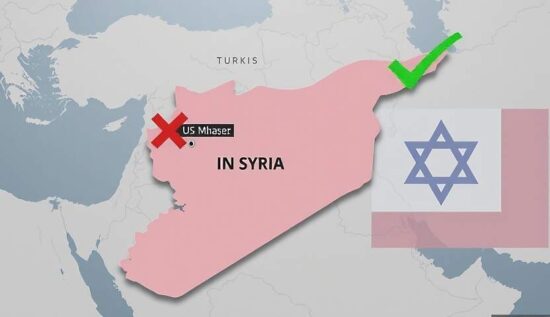US President Donald Trump has announced plans to withdraw US troops from Syria, citing the country’s internal chaos and the need for the US to focus on its own problems. The decision has sparked concerns among Syrian Kurdish forces, who have been fighting alongside the US against the Islamic State (IS).
The move is seen as a blow to the Kurdish-led Autonomous Administration of North and East Syria, which has been a key ally of the US in the fight against IS. The administration’s head of foreign relations, Ilham Ahmed, said the US had not informed them of the plans and that they would continue to work with the US on existing agreements.
The withdrawal of US troops could have significant implications for the region, particularly for the Kurds, who fear they will be left vulnerable to Turkish attacks. The Turkish government has long sought to push the Kurds out of the region and the US withdrawal could embolden Ankara to take action.
The move is also seen as a potential game-changer in the region, with the US no longer playing a direct military role in the conflict. This could lead to a shift in the balance of power, with Turkey, Qatar and Israel potentially gaining more influence.
However, the US is not expected to abandon the region entirely, with the possibility of using sanctions or military aid to maintain a presence. The US may also seek to maintain a presence in the region through its allies, such as Israel.
The implications of the US withdrawal are still uncertain, with some experts predicting a significant shift in the region’s power dynamics, while others believe the US may still play a role in the region through its allies and military aid.





